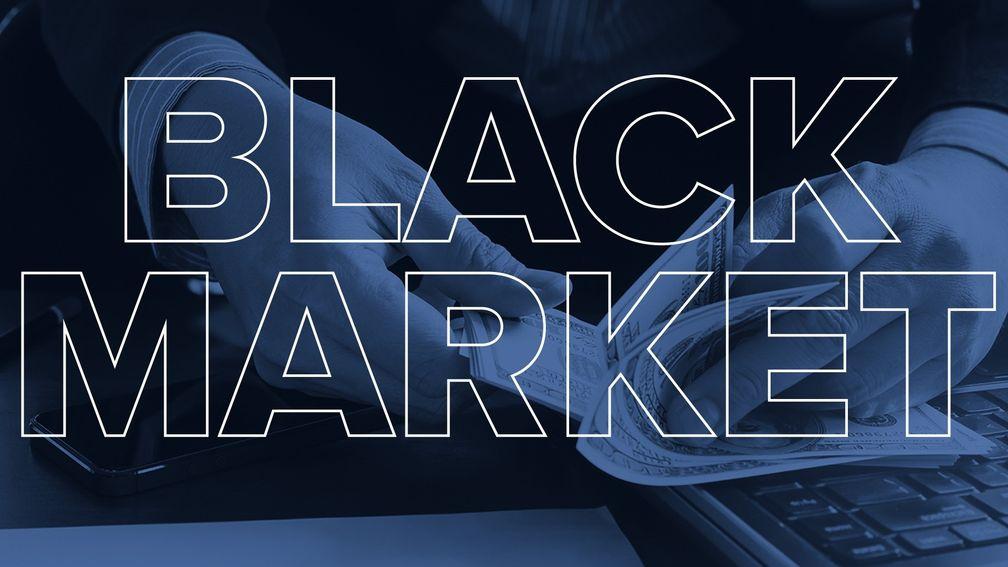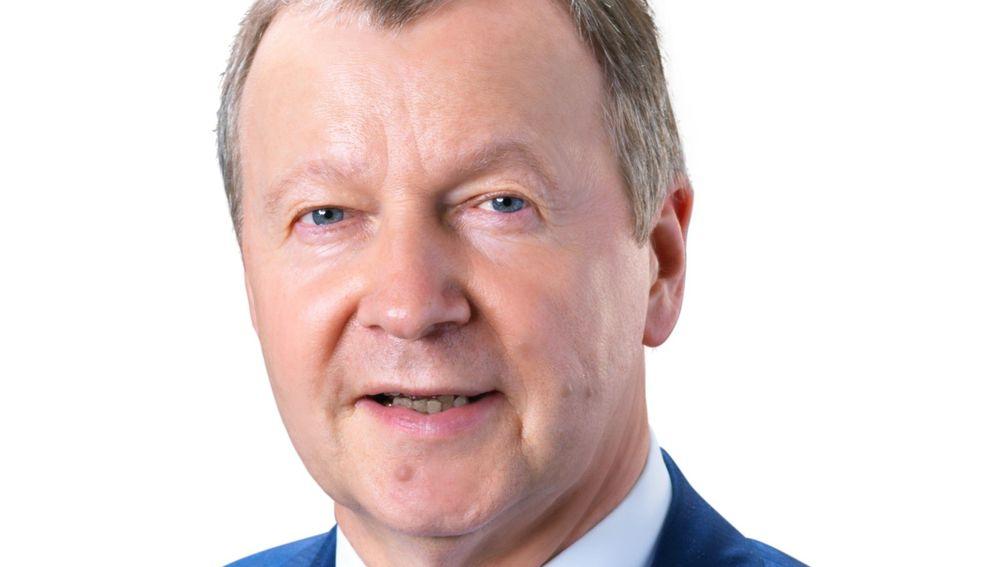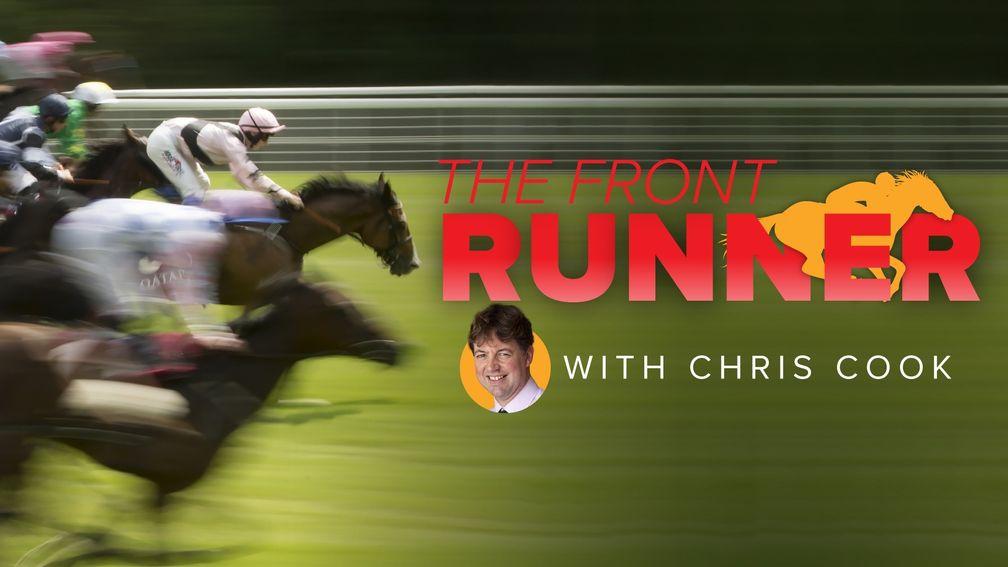Illegal betting a 'major threat to the integrity of racing and other sports'

A comprehensive new report into the state of international illegal betting has found a marked increase in punters using black market bookmakers, which are outnumbering licensed and regulated online operators by a ratio of nearly two to one.
The State of Illegal Betting study, produced by the Asian Racing Federation (ARF) assessing global betting markets, highlighted how the proliferation of unlicensed or unregulated firms presented “major threats to the integrity of racing and other sports, the growth of transnational organised crime, and gambling harm to customers”.
The release of the 94-page document comes as punters, the betting industry and racing in Britain await the publication of the government’s white paper into the review of the 2005 Gambling Act, which could impose draconian affordability checks on individuals betting, requiring them to hand over sensitive personal data such as bank statements and wage slips to be approved to bet, potentially triggered by a net monthly losses of as low as £100.
There have been growing fears that such restrictions could drive more bettors into the unsafe and unregulated market, while British racing estimates such checks could cost the sport up to £100 million annually.
The report also follows an investigation by the Racing Post which exposed the ease of locating and signing up to black market betting sites, their non-existent player protection systems, the ability to bet with them via credit card, and the use of ‘personal managers’ to encourage regular and heavy betting to unlock unspecified ‘bonuses’.
Inside the black market: big bonuses, personal managers and no safeguards
Of the 534 betting websites analysed by the ARF, 61 per cent were found to be unlicensed or to be licensed and unregulated – meaning the operator had a gambling licence from an offshore jurisdiction, such as Curacao, but only to allow bets to be taken from outside that location – with online traffic to these sites increasing at nearly double the rate of licensed and regulated operators (64 per cent compared to 36 per cent).
The ARF also found that 40 per cent (105) of the 262 most popular global websites were either unregulated or unlicensed, with this increasing to 47 per cent of 93 randomly selected global sites from the initial sample of 534.
Analysis of the 20 most popular betting sites by the ARF found that 16 were licensed and regulated, which “underlines that bettors prefer to bet with licensed and regulated operators if possible, and if the operator is not over-regulated to the point where it cannot compete with under-regulated and unregulated operators”.
However, the ARF added that unburdened by regulatory oversight, black market operations were more agile and aggressive in targeting punters, advertising on sites showing pirated sports streams, pornography, via social media and “directly to customers with gambling problems”.
The report continued: “Global demand for online betting continues to accelerate faster than some stakeholders’ understanding of key issues
“Clearly, this rapid growth of operators with no regard for best practices upheld by licensed and regulated betting operators has significant negative impacts to society as regards to problem gambling, sports integrity, and financial crime.”

Winfried Engelbrecht-Bresges, ARF chairman, said the purpose of the report was to enlighten people to the realities and reach of the global black market.
He said: “The report is intended to assist government policy-makers, regulators, law enforcement officers and those involved in the governance and management of racing and other sports, as well as people in the racing and betting industries, to comprehend the current scale, scope and harm to society of illegal betting and related financial crime.
“Licensed and well-regulated betting operators provide essential financial support to the sport of racing via levies, betting duty and other support payments. The report points out that the globalised growth of illegal betting results in major threats to the integrity of racing and other sports, the growth of transnational organised crime, and gambling harm to customers.
“It is clearer than ever that illegal betting is a major current global social problem that requires continued attention.”
The ARF also highlighted its concerns with the use of so-called white label websites, where technology for running a betting website is supplied by a third party with the operator limited to branding and marketing their company, as well as finding people to bet on it.
The report said such arrangements allowed “operators of questionable origins to set up ‘licensed’ betting websites” and that they increased “betting integrity threats”, citing the example of Viking Hoard, who was found to be doped with a tranquilliser when racing at Tramore in 2018 having been laid for a substantial sum via an individual using a white label website.

Martin Purbrick, chair of the ARF council on anti-illegal betting and related financial crime, said: “This report provides a most comprehensive insight into illegal betting as a major threat to integrity in racing and other sports, as a challenge to effective regulation of legal betting [which is being obfuscated by countries issuing licences falsely purporting to have international coverage], as a criminal justice problem as organised crime groups profit from illegal betting, and as a social problem causing greater problem gambling.”
In response to the Racing Post’s investigations into the black market, a spokesperson for the Gambling Commission said: “We recognise the concerns which exist around the black market, but maintain our position this needs to be balanced with the risks in the regulated gambling sector and so we will continue to maintain our escalation approach which includes disruption and enforcement.
“The commission continues to not only actively engage, but drive relationships with other law enforcement bodies in the UK as well as internationally, activity which will continue.”
Now read these . . .
Inside the black market: big bonuses, personal managers and no safeguards
The 'dodgy dossier' of evidence that could mislead government in gambling review
'A genuine menace' - is the threat from the black market being taken seriously?

The Front Runner is our latest email newsletter available exclusively to Members' Club Ultimate subscribers. Chris Cook, a four-time Racing Reporter of the Year award winner, provides his take on the day's biggest stories and tips for the upcoming racing every morning from Monday to Friday
Published on 19 May 2022inNews
Last updated 18:10, 19 May 2022
- The latest edition of the Racing Post is available to read online now - here's how you can access it
- How Smart View recorded a 76 per cent profit at the Cheltenham Festival
- Smart View is available on the Racing Post app - how to read the revolutionary new racecard
- Levy reform talks 'accelerating' as clock ticks down to April deadline for agreement
- Kieran Shoemark lands another plum Meydan ride for Gosden stable on Trawlerman in Saturday's Dubai Gold Cup
- The latest edition of the Racing Post is available to read online now - here's how you can access it
- How Smart View recorded a 76 per cent profit at the Cheltenham Festival
- Smart View is available on the Racing Post app - how to read the revolutionary new racecard
- Levy reform talks 'accelerating' as clock ticks down to April deadline for agreement
- Kieran Shoemark lands another plum Meydan ride for Gosden stable on Trawlerman in Saturday's Dubai Gold Cup